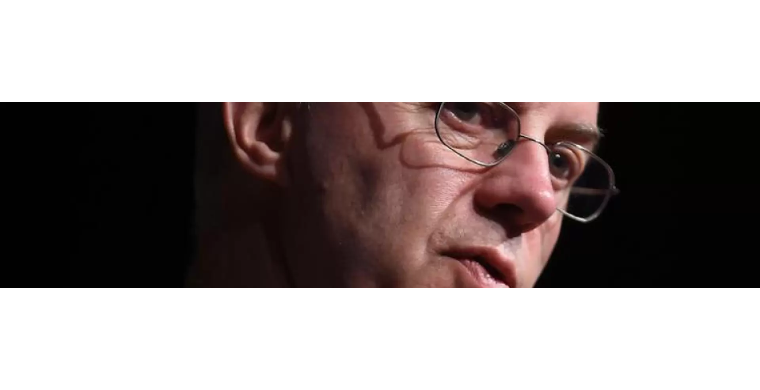Nuclear ambiguity 'increases risk of disastrous miscalculation', Welby warns
Press Association
May 20 2021
Ambiguity over the use of Britain's nuclear arsenal "increases the risk of disastrous miscalculation", the Archbishop of Canterbury has warned.
The Most Rev Justin Welby was also critical of the Government move to increase the number of warheads, describing it as "a very serious and concerning step".
The leader of the Church of England made his comments after the Government published details of its major review of foreign and defence policy earlier this year.
Known as the Integrated Review, it left the door open to a shift in the potential deployment of the UK's submarine-based deterrent.
While it stated the UK would not fire, or threaten to use, its missiles against a non-nuclear state, it also said that assurance could be reviewed in future "if the future threat of weapons of mass destruction, such as chemical and biological capabilities, or emerging technologies that could have a comparable impact, makes it necessary".
This has led to speculation the UK's nuclear weapons could be used as a deterrent against devastating cyber attacks, although senior sources have suggested a biological "dirty bomb" was the kind of threat envisaged.
The Government also lifted a cap on the number of nuclear warheads it can hold.
UK ministers previously committed to reducing the level to a maximum of 180 by the middle of the decade, but now the stockpile could be up to 260.
Speaking in the Lords debate on the recent Queen's Speech, Mr Welby said: "There has been much talk about the increase in the number of nuclear warheads. That is a very serious and concerning step.
"But not nearly as serious as the commitment to increase deliberate ambiguity in the condition of the use of nuclear weapons and the absence of a stated commitment not to use them first."
He added: "Clarity of purpose is essential to deterrence. Ambiguity increases the risk of disastrous miscalculation."
The archbishop also pressed for the reinstatement of the legally-binding commitment to maintain foreign aid spending at 0.7% of national income, which the Government controversially cut to 0.5% in response to the economic impact of the coronavirus pandemic.
Mr Welby said: "People who are poorest must be dealt with generously. First, for reasons of humanity from one of the most richest and most powerful nations on earth. Second, for our own long-term security. And third so that the world can be a place of flourishing to our trade and development, here at home and for the poorest."
Tory peer Baroness Fall, who served as a top aide to David Cameron when he was Prime MInister, said: "The commitment to increase our nuclear arsenal sets, to me, a dismal example to other powers, who support non-proliferation.
"It is also a strange priority for taxpayers' money at a time when the economy outlook is difficult.
"There seems little attempt to set out a rationale for the policy which to my mind also sits uneasily with our decision to make drastic cuts to our aid budget."
END














